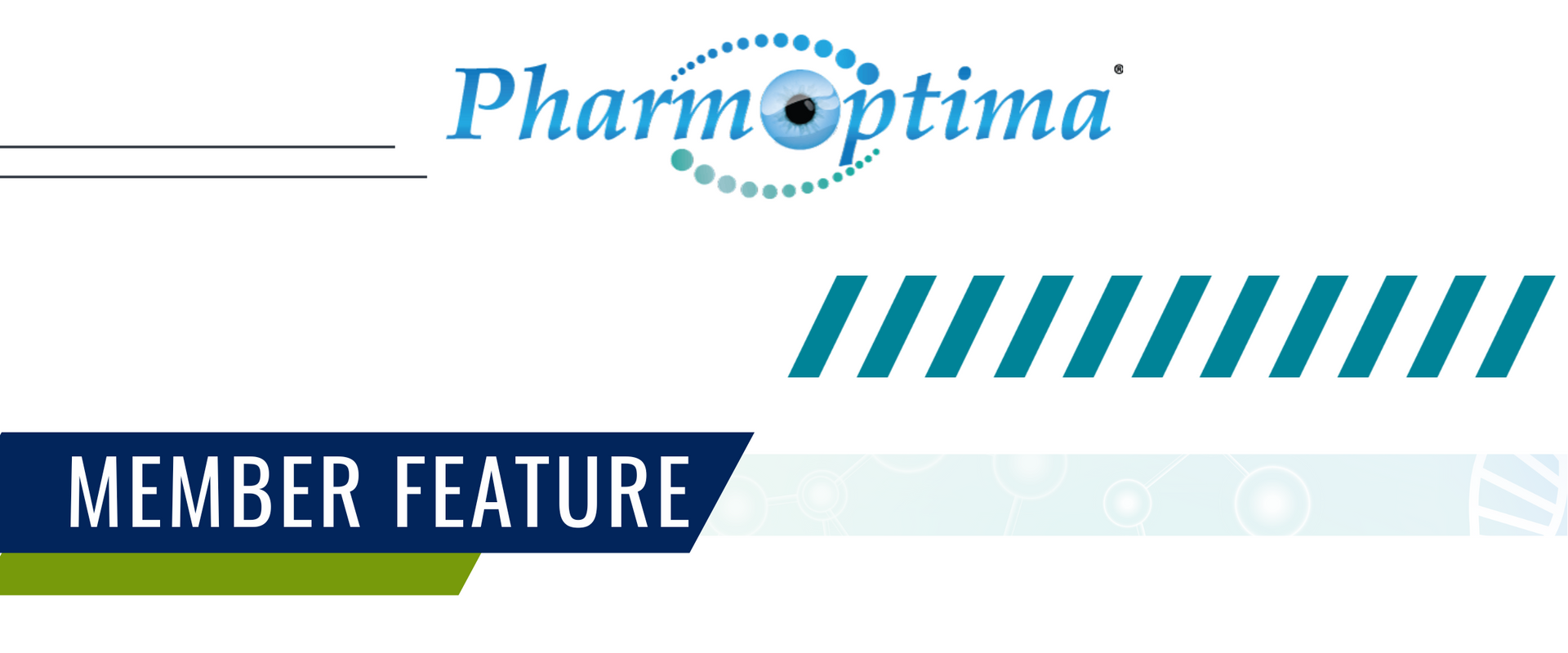TrialAssure Joins NVIDIA Inception
Advancing AI-Driven Transparency with NVIDIA Inception
CANTON, Mich. (April 22, 2024) — TrialAssure today announced it has joined NVIDIA Inception, a program that nurtures companies revolutionizing industries with technological advancements.
TrialAssure is a leader in using artificial intelligence (AI) and machine learning (ML) across pharmaceuticals, finance, and government to create technology solutions that meet regulatory compliance goals for clinical trial disclosure, data sharing for clinical research, and Freedom of Information Act (FOIA) requests. Its core technology and solutions focus on data, document, and image anonymization, development of technical and non-technical content using generative AI, compliance tracking, and disclosures.
TrialAssure plans to use the resources available through NVIDIA Inception, including access to technical tools, NVIDIA Deep Learning Institute courses, and developer forums, to assist in supporting the company’s commitment to transparency by developing greater functionality for its cutting-edge solutions while harnessing the power of AI and other advanced technologies to anticipate future trends. The program will also offer TrialAssure the opportunity to collaborate with industry-leading experts and other AI-driven organizations.
“Our acceptance into NVIDIA Inception marks a momentous occasion for our colleagues, clients, and stakeholders around the globe,” said Prasad M. Koppolu, COO, TrialAssure. “Now, we’re poised to evolve even faster, bringing critical technology and resources to where it’s needed most.”
NVIDIA Inception helps startups during critical stages of product development, prototyping, and deployment. Every Inception member gets a custom set of ongoing benefits, such as NVIDIA Deep Learning Institute credits, preferred pricing on NVIDIA hardware and software, and technological assistance, which provides startups with the fundamental tools to help them grow.
To stay up to date on TrialAssure’s growth, visit: https://www.trialassure.com/resources/.
About TrialAssure
TrialAssure is an award-winning, global data transparency company with fast, affordable, and intelligent software and service solutions for the pharmaceutical industry and beyond. A leader in the use of artificial intelligence (AI) and machine learning (ML), TrialAssure built The Ultimate Transparency Suite® to meet compliance goals through data, document, and image anonymization, development of technical and non-technical content using generative AI, compliance tracking, and more. Established in 2009, TrialAssure’s global team has a proven track record in building strong technology that adapts to ever-changing data transparency requirements and was named Data Solution of the Year in the Data Breakthrough Awards. For more information, visit www.trialassure.com
RECENT ARTICLES




